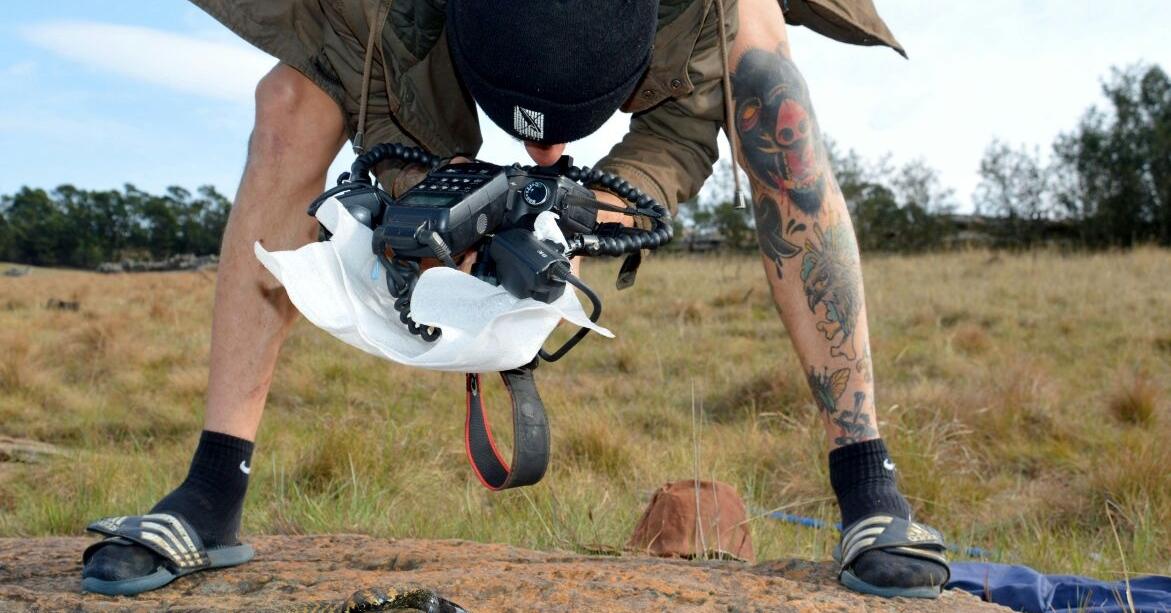Are you curious to know what is herping? You have come to the right place as I am going to tell you everything about herping in a very simple explanation. Without further discussion let’s begin to know what is herping?
In the world of outdoor enthusiasts and nature lovers, there exists a fascinating and lesser-known hobby called “herping.” It’s not about chasing after large mammals or admiring colorful birds; instead, herping is all about the thrill of finding and studying reptiles and amphibians. In this blog, we’ll dive into the captivating world of herping, exploring what it is, its significance, and why people are so passionate about it.
What Is Herping?
Herping is a recreational activity focused on the observation, study, and collection (often temporary and non-invasive) of reptiles and amphibians, collectively referred to as “herps.” Herps include creatures like snakes, lizards, turtles, frogs, toads, and salamanders. The term “herping” is derived from “herpetology,” the scientific study of these animals.
Key Aspects Of Herping:
- Observation: Herpers spend hours in the field, carefully searching for herps in their natural habitats. This can include swamps, forests, deserts, rivers, and even urban environments.
- Documentation: Many herpers document their findings through photography and note-taking. Recording details about the location, behavior, and habitat of the herps they encounter helps contribute to our understanding of these creatures.
- Conservation: Herping can play a role in conservation efforts. By monitoring herp populations and habitats, herpers can provide valuable data to scientists and conservationists working to protect these often misunderstood animals.
- Education: Herping can be a powerful educational tool, helping people learn more about reptiles and amphibians, their roles in ecosystems, and the importance of biodiversity.
Why Herping Is Significant:
- Biodiversity Exploration: Herping allows enthusiasts to discover and appreciate the incredible diversity of reptiles and amphibians that exist worldwide. Many species are elusive and rarely seen, making each find a thrilling experience.
- Scientific Contribution: The data collected by herpers can be used for scientific research. It can provide insights into the distribution, behavior, and health of herp populations, contributing to conservation efforts.
- Conservation Awareness: Herping fosters a greater appreciation for these often misunderstood creatures. By sharing their discoveries and knowledge, herpers can raise awareness about the importance of conserving these species and their habitats.
- Connection to Nature: Herping connects people with the natural world in a unique and intimate way. It encourages individuals to venture into diverse ecosystems, fostering a deeper understanding and respect for nature.
Safety And Ethical Considerations:
- Respect for Wildlife: Herpers should prioritize the welfare of the animals they encounter. Handling should be minimal and gentle to avoid causing stress or harm.
- Environmental Responsibility: Herpers must follow ethical and legal guidelines when collecting or handling herps. Many species are protected by law, and it’s essential to respect these regulations.
- Leave No Trace: Like other outdoor enthusiasts, herpers should practice “Leave No Trace” principles to minimize their impact on natural environments.
Conclusion
Herping is a captivating and educational hobby that opens doors to the often hidden world of reptiles and amphibians. It provides a unique opportunity to explore the beauty and diversity of these creatures, contribute to scientific knowledge, and raise awareness about the importance of conservation. If you’re an outdoor enthusiast with a passion for nature and a curiosity about the fascinating realm of reptiles and amphibians, herping might just be the adventure you’ve been waiting for.
Visit Singerbio and read everything about the singer.
FAQ
Why Are Snakes Called Herps?
The word “herp” comes from the word “herpeton,” the Greek word for “crawling things.” Herpetology is the branch of science focusing on reptiles and amphibians. The reptiles are divided into four major groups: lizards, snakes, turtles, and crocodilians.
What Is The Meaning Of The Word Herping?
(ˈhɜːpɪŋ ) noun. the activity of going into uncultivated places to search for reptiles and amphibians.
What Is A Herp In Biology?
“Herp” is a vernacular term for non-avian reptiles and amphibians. It is derived from the old term “herpetile”, with roots back to Linnaeus’s classification of animals, in which he grouped reptiles and amphibians together in the same class. There are over 6700 species of amphibians and over 9000 species of reptiles.
What Is The Study Of Snakes Called?
The study of snakes is called Herpetology. > Herpetology is the branch of zoology that deals with the study of reptiles (including snakes, lizards, turtles, crocodiles, and tuataras) and amphibians like frogs, toads, salamanders, etc.
I Have Covered All The Following Queries And Topics In The Above Article
What Is Herping
What Is Herping Meaning
What Is Herping?
What Is The Best Hours To Go Herping
What Is A Seap When Herping
What Is Herping And Derping?
What Is Herping Tiktok
What Is Snake Herping
What Is A “Seap” When Herping
What Is Herping In Military Terms
What Is A “Herping” Trip
What The Hell Is Herping
What Is Herping In Millitary Terms
What Is Field Herping?
What Is Herping For Snakes
What Is Nc2 Herping
What Is Herping On Tiktok
What Is A Herping
What Is A Lifer When Herping
What Is A Seep When Herping
What Is Herping
What does herping mean?
